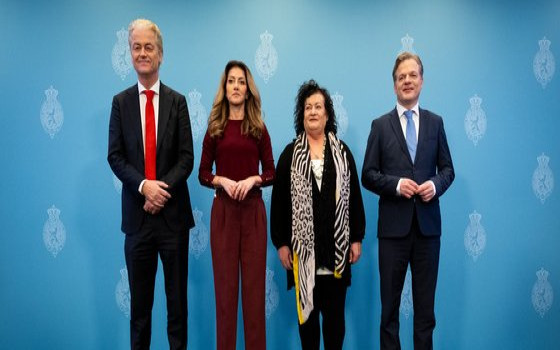
Obstacles to the formation of the first Dutch government led by the extreme right-wing anti-Islam

- Europe and Arabs
- Friday , 17 May 2024 12:16 PM GMT
The Hague: Europe and the Arabs
There is a lot of work and many obstacles that must be overcome before announcing a new government in the Netherlands. This is what was published by Dutch media today, Friday, a few hours after the celebration by the Dutch extreme right of reaching an agreement with other parties to form a government coalition in the country after difficult negotiations that lasted six years. Months and began after the announcement of the results of the elections that took place last November,
It will be a lot of work to put a new ministerial team on the podium
"There are still many obstacles to overcome before the formation of the new government reaches the threshold of formation," De Volkskrant said. Insiders estimate that the traditional photo-op moment with all the new ministers and the king will not take place until mid-June at the earliest. It is likely that they will not present their program. government except before or on the day of the announcement of the government formation.
Among the things that raise concerns about the new coalition, the media in The Hague indicated that the right-wing government intends to make significant cuts in international aid, which sparked the anger of relief organizations.
The new government will make structural cuts amounting to a quarter of the total development cooperation budget. Starting in 2027, $2.4 billion will be cut. Development organizations are reacting with bewilderment and warning that this will harm Dutch interests. The far-right anti-Islam Geert Wilders, leader of the BPV Freedom Party, declared, “The Netherlands will be ours again.” De Volkskrant said, “He was not allowed to become prime minister, but yesterday, Thursday, during the presentation of the main lines agreement of the PVV, VVD, NSC and BBB Geert Wilders was beaming with happiness and warned the far-right winner that “new winds will blow over this country.” “The Netherlands will be ours again.”
The newspaper added, "A small smile, that's all the four party leaders could muster to take their first joint group photo. After the moment of photography, the four immediately dispersed and joined their official spokesmen. They did not seem to have much to say to each other."
And even now that Wilders and his partners Dylan Jesselgöz (VVD), Peter Omtzigt (NSC) and Caroline van der Plas (BBB) have reached an agreement after six hellish months of negotiations, it is clear that the new coalition partners are not just interested in politics, but Also with the improvement of mutual relations you will have to focus on them.
Wilders commented: "We must not only invest in the Netherlands, but we must also invest in each other and in this political cooperation." “We are already taking into account that the clashes will not be limited to formation,” said one of the partners, Peter Omscht. “You will see a little more diversity between these four parties than you are usually used to in a coalition.”
It is no secret that the leaders of the four parties have been bickering and arguing for an agreement in recent months, leading to the release of the briefing document. This has led to intangible plans in which the four parties reflect their election campaign points.
The Party for Freedom claims "to have the strictest asylum policy ever", the Party for Freedom and Democracy insists on financial stability and responsibility, and the BBB sets an end to the nitrogen policy,
The newspaper commented, "There is no doubt that Wilders, after lifting the siege on the FPO and supporting the NSC," has infiltrated the center of power through his one-man party. The opposition notes this as well. “It is the first time that a far-right party has participated in a coalition in the Netherlands. A first Wilders government is simply a reality,” says D66 leader Rob Gitten.
He's not the only one worried. There is also Henri Bontenball (CDA), who sees an agreement full of “useless plans” that will make the four parties disappointed. The CDA member is aware of proposals that have been tried before, but knows from experience that many of those plans are not workable. “Ask for asylum: The crisis declaration did not solve the obstacles in the asylum chain.”
In addition, there is a state of anxiety prevailing among immigrants, especially the Arab and Islamic communities, which have suffered over the past period due to Wilders’ statements and actions that were arousing the anger of the Muslim communities. The extreme right-wing leader was subjected for a period of time under heavy guard for fear of being exposed to any attack, and everyone is now in a state of anticipation for what will happen. It will result in negotiations between the four parties, and there are expectations that the coalition may collapse in the first disagreement that may occur due to each party’s keenness to implement what was stated in the electoral program, and it may push the country again to the ballot boxes.



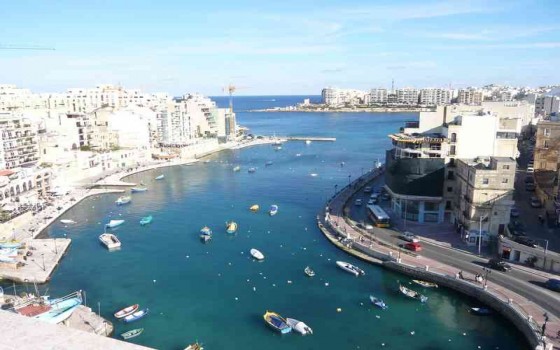



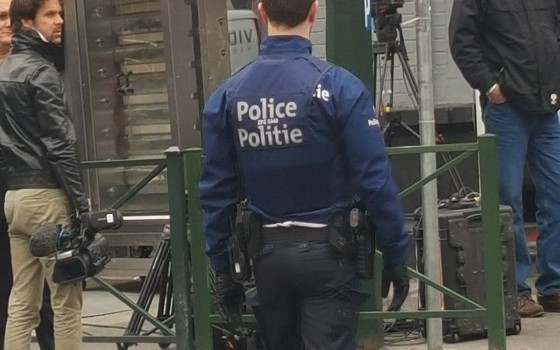
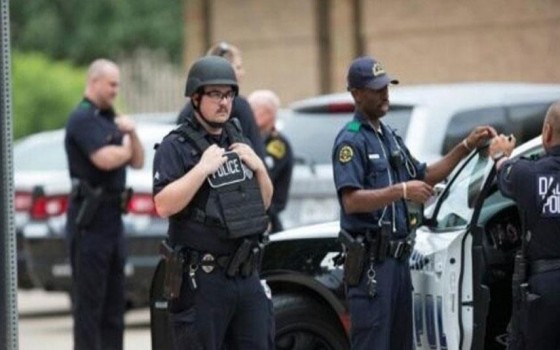
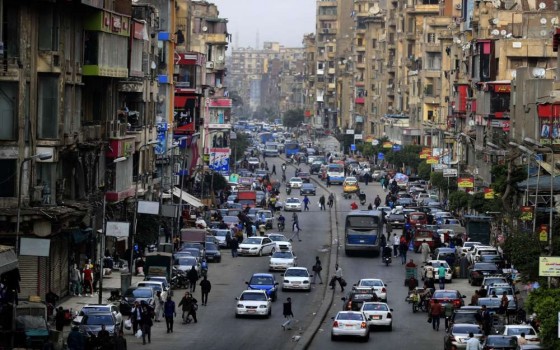
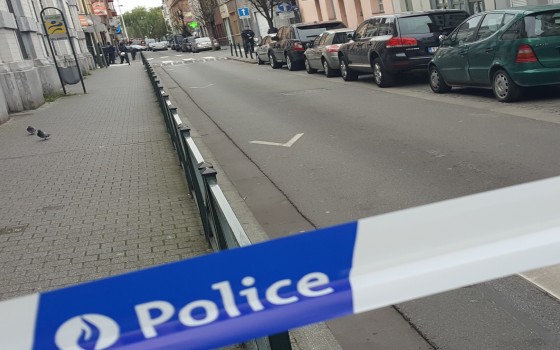

No Comments Found